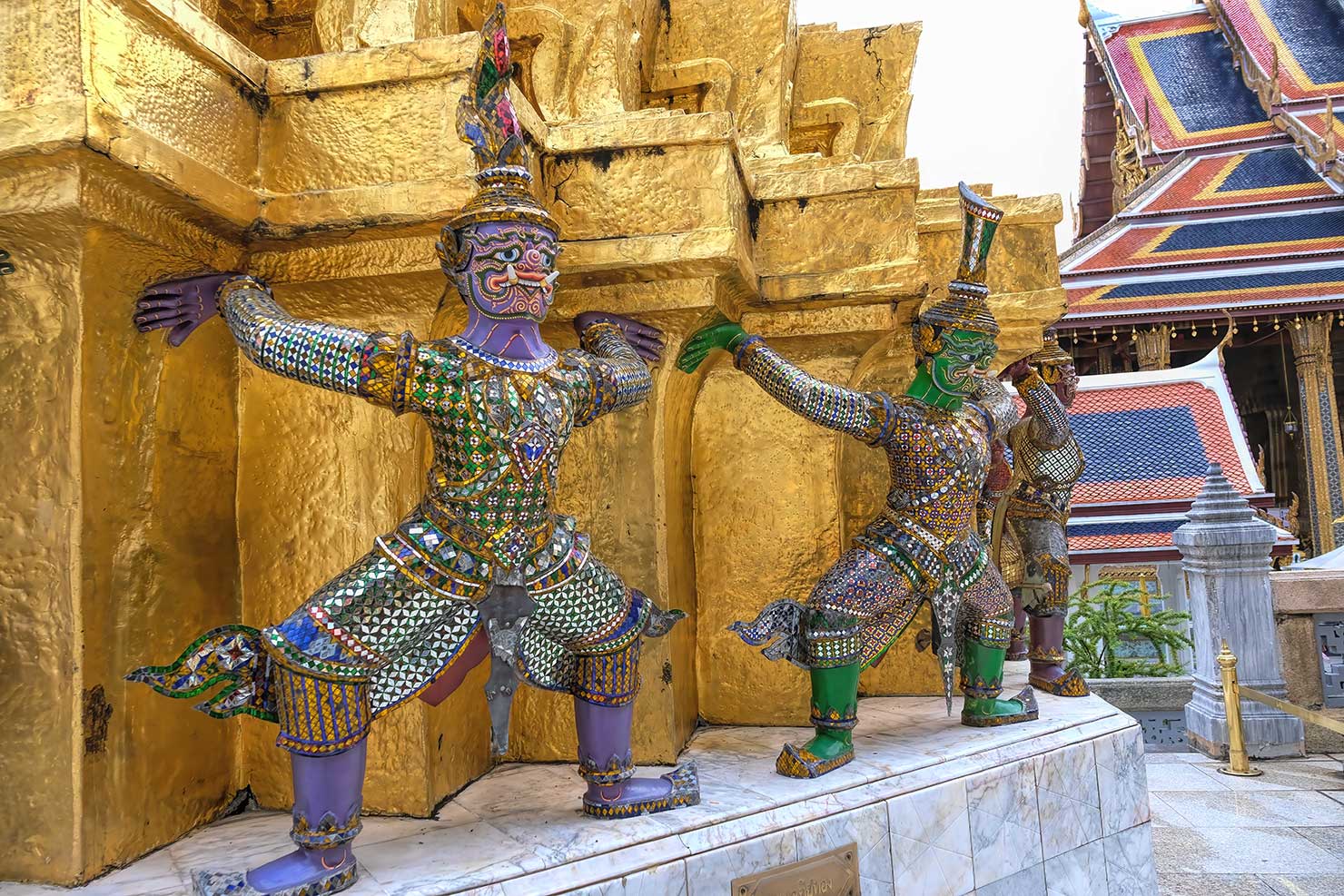Thai society erupted in controversy last month when the government approved a proposal to change the official name of Thailand’s capital from Bangkok to Krung Thep Maha Nakhon. While this might seem slightly bizarre to most Westerners, Thais have always referred to their capital city as Krung Thep Maha Nakhon. In everyday conversation, they shorten the name to Krung Thep or even Kor Tor Mor (the pronunciation of the alphabetic letters KTM). Indeed, when I am speaking Thai, I never use Bangkok. I always say Krung Thep.
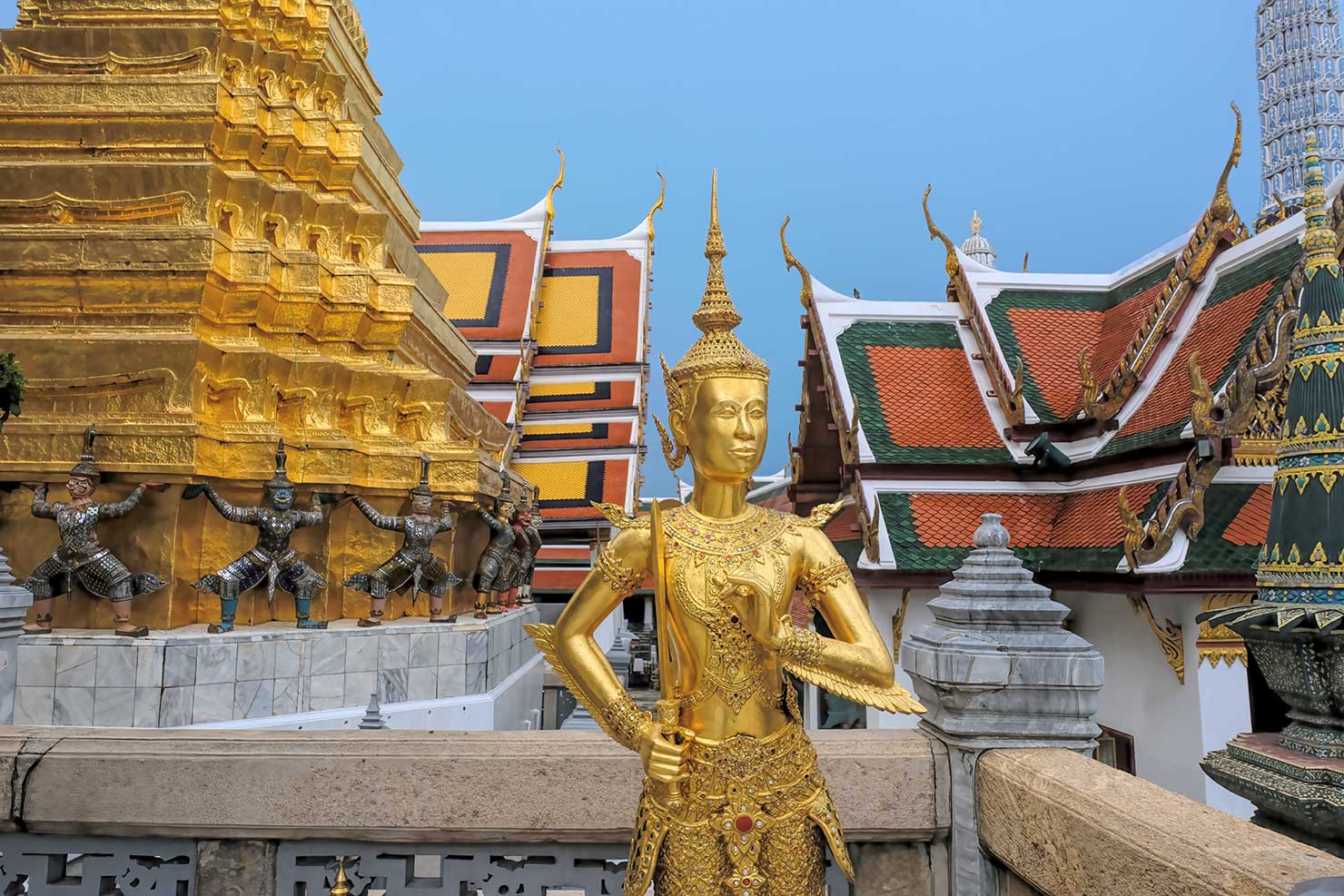

However, every Thai knows that non-Thai speakers refer to the city as Bangkok. Hosting nearly 25 million tourists each year, Bangkok ranks as the second most popular tourist city in the world. Those 25 million visitors are clueless about the name Krung Thep. Nor will the hundreds of institutions and businesses that use Bangkok in their titles suddenly change their names. Bangkok Bank, Bangkok Hospital, Bangkok Airways, Bangkok University, Bangkok Post, and even the local government body known as the Bangkok Metropolitan Administration are just a few that would need to adopt new monikers.
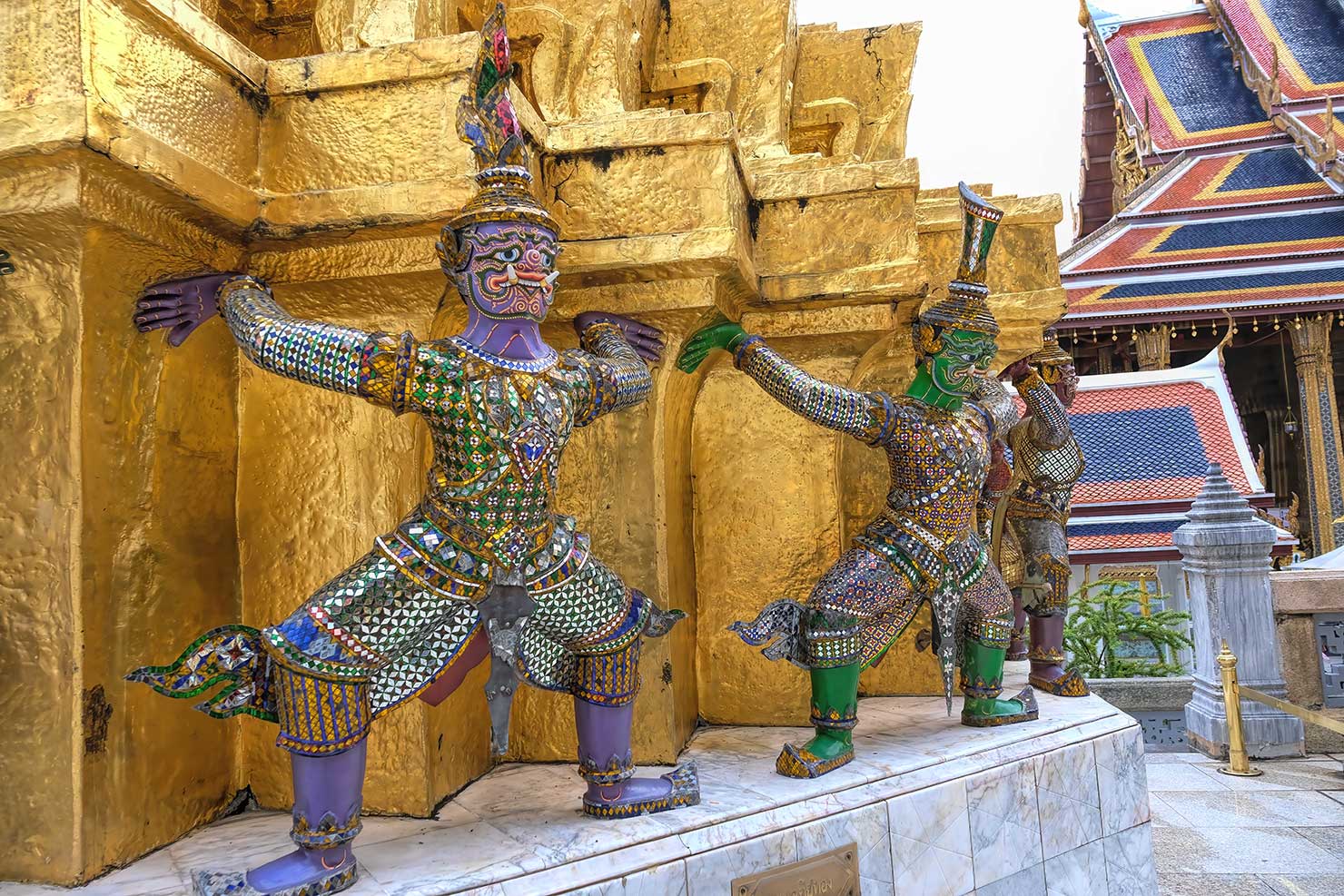
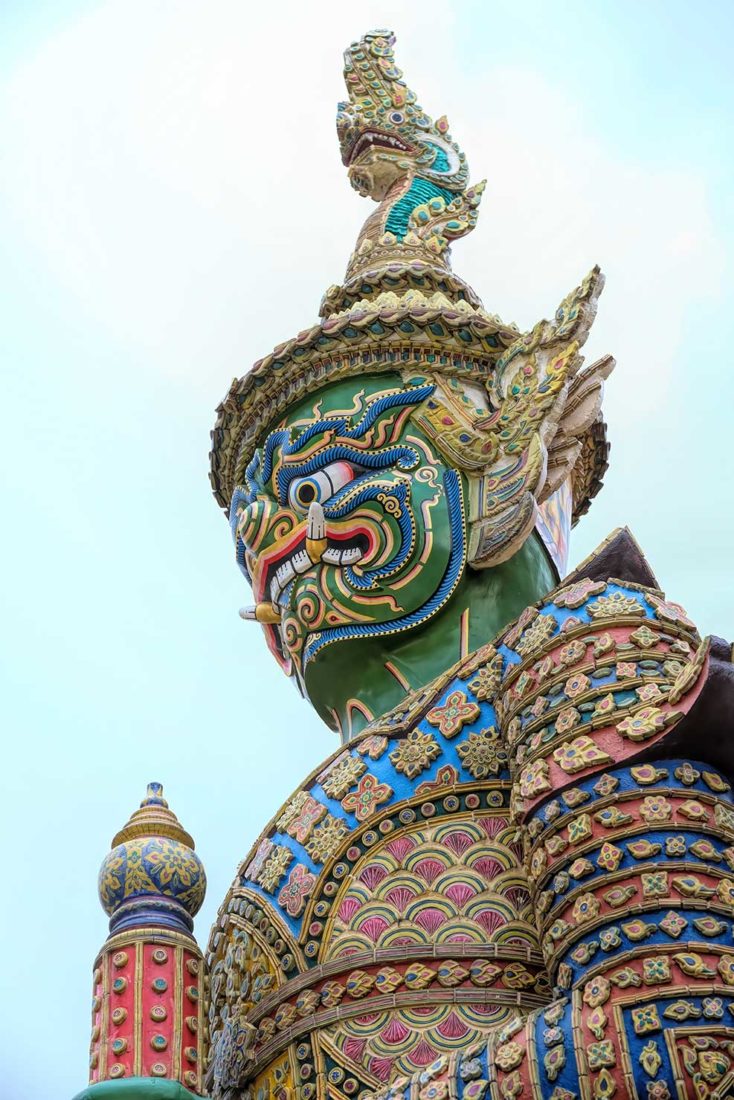
The name Krung Thep Maha Nakhon is fairly recent. In 1782, King Rama I moved the capital from Thonburi, located on the west bank of the Chao Phraya River, to the east bank of the river. The new capital city inherited the ceremonial name of Ayutthaya (Krung Thep Maha Nakhon Si Ayutthaya), an even earlier capital that was moved when it was invaded by the Burmese.
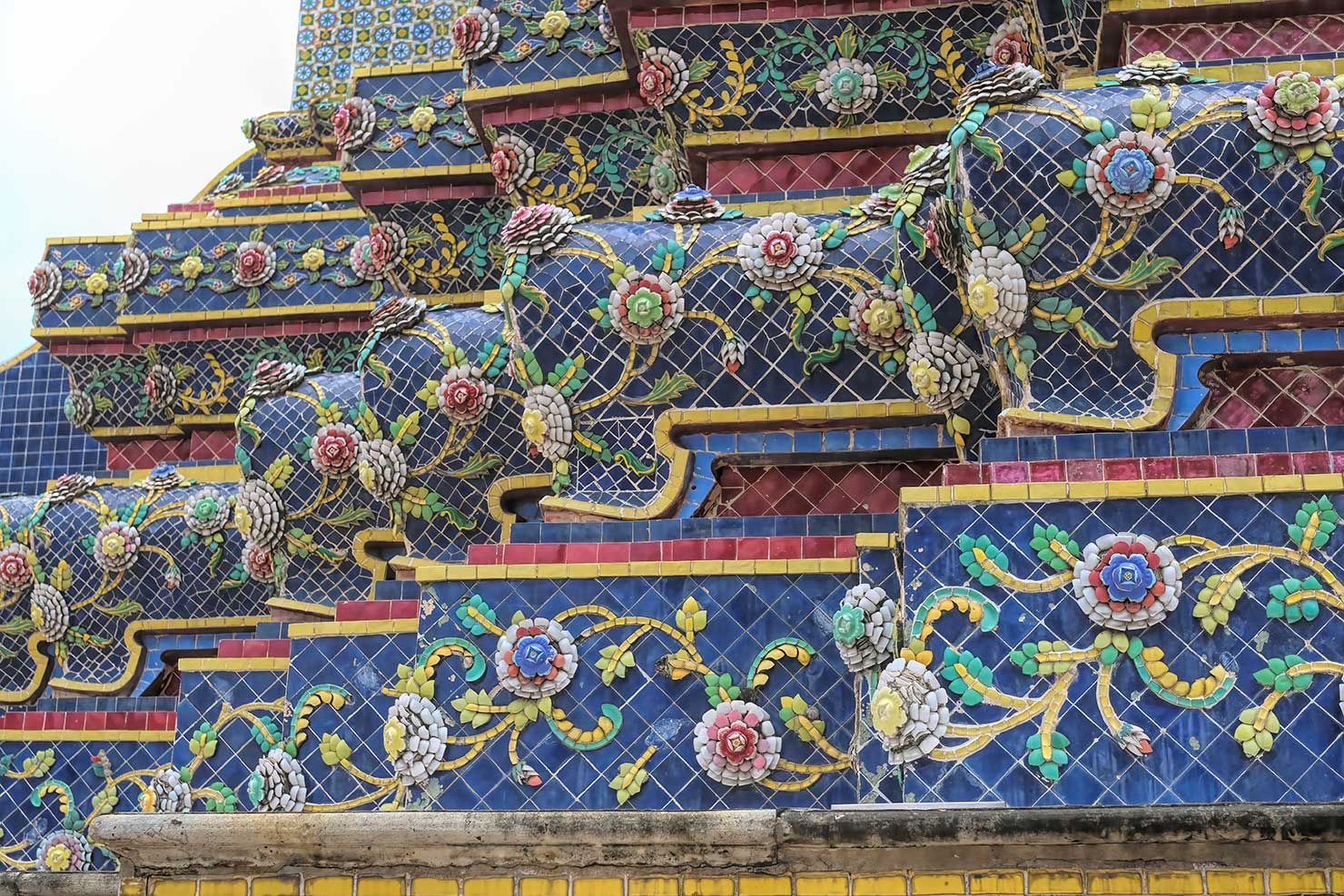
 The name Bangkok, however, has been in use since the early 15th century. Beyond the persistent joke that it is a derisive name used to denote Bangkok’s thriving sex industry, many theories abound regarding its etymology. Bangkok is a combination of two Thai words: Bang and Kok. Bang is a very common Thai word that many districts around the country incorporate into their names. Historically, bang referred to an area that could be accessed by canals (khlongs). In Bangkok alone, where khlongs criss-cross the city, there are ten districts that begin with “Bang” and are followed by a word or words that describe the community.
The name Bangkok, however, has been in use since the early 15th century. Beyond the persistent joke that it is a derisive name used to denote Bangkok’s thriving sex industry, many theories abound regarding its etymology. Bangkok is a combination of two Thai words: Bang and Kok. Bang is a very common Thai word that many districts around the country incorporate into their names. Historically, bang referred to an area that could be accessed by canals (khlongs). In Bangkok alone, where khlongs criss-cross the city, there are ten districts that begin with “Bang” and are followed by a word or words that describe the community.
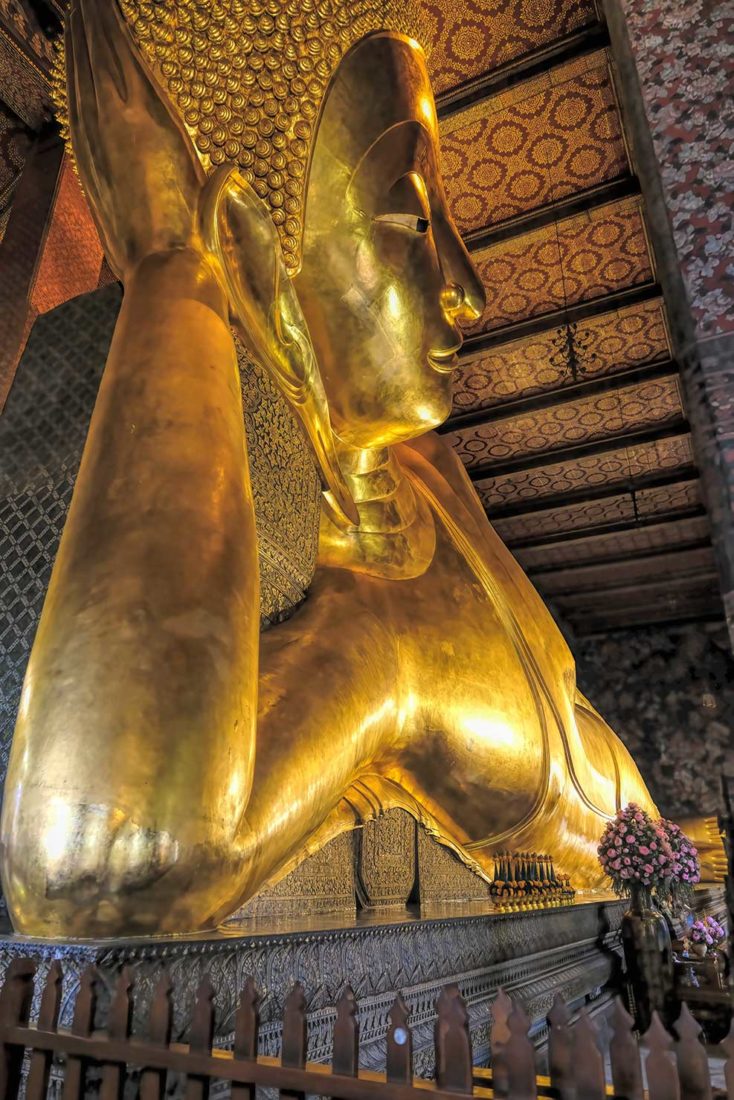
Some believe that Bangkok is a corruption of Bang Koh. The word koh means island. Bangkok’s Old City, which is home to the Grand Palace, Wat Pho, City Pillar, and dozens of administrative buildings, is indeed located on Rattanakosin Island. However, Rattanakosin is an artificial island that King Rama I created by digging two parallel moats around the heart of the city. Since the name Bangkok had been in use more than three centuries before the island, this story is unlikely. Additionally, the word koh is pronounced “gaw.” It’s a bit of a stretch to believe that “gaw” became corrupted to “kok.”

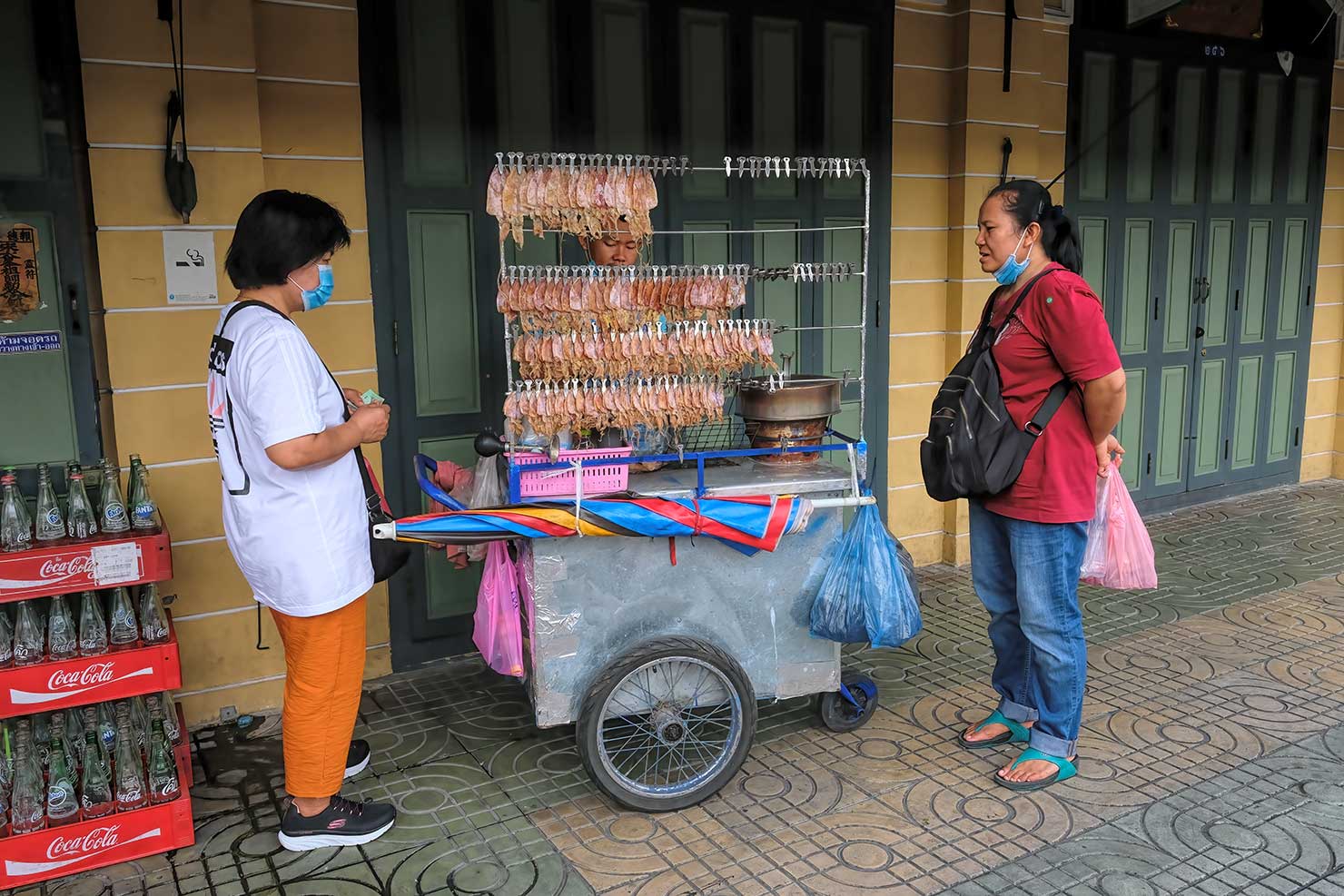
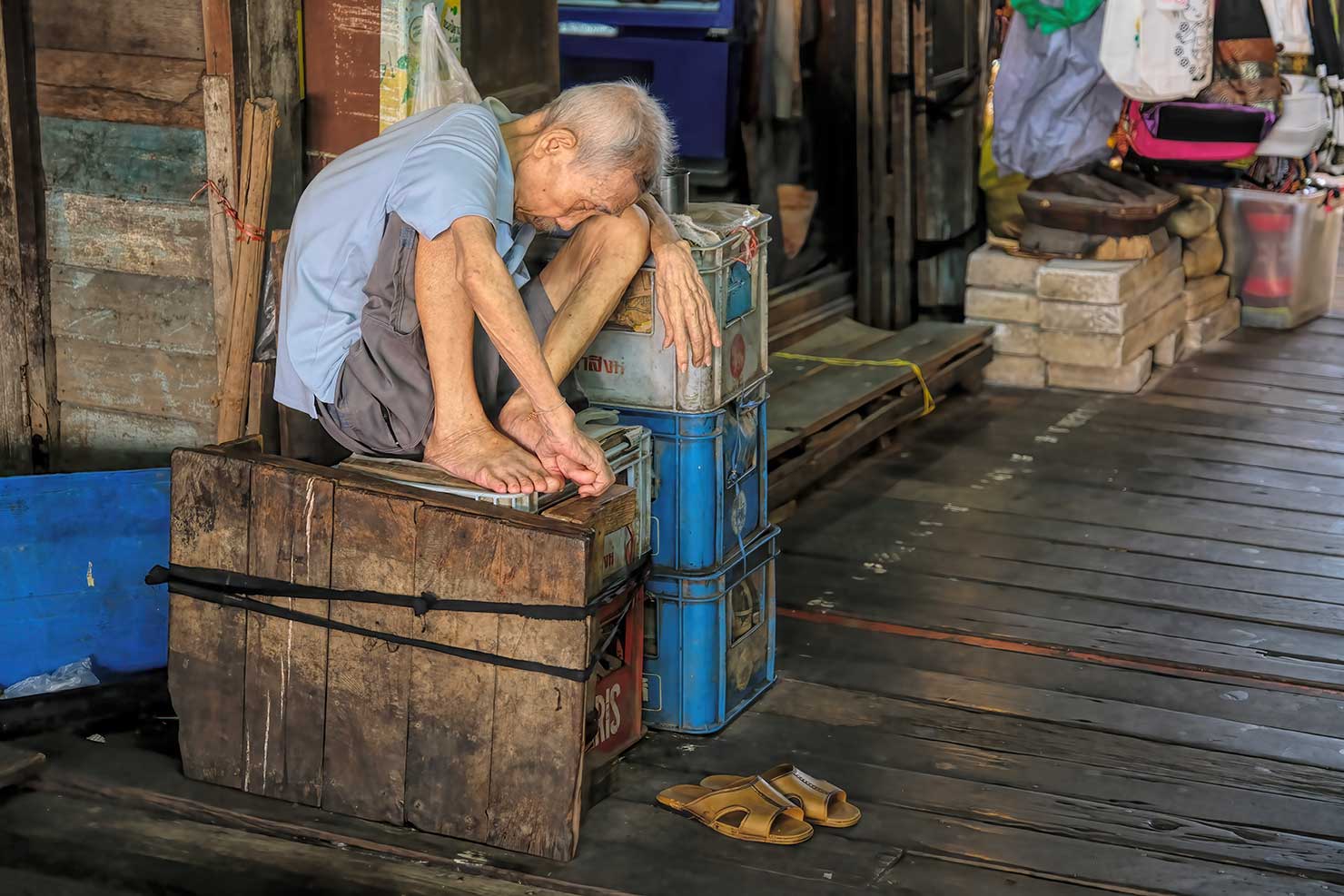
 The story I prefer is one told to me by a Thai friend during my very first trip to Bangkok in 2003. She explained that the city was built upon watery lowlands that were once home to vast orchards of Makok Naam, a fruit commonly known as water olive or hog plum. Makok was eventually shortened to “Kok” and the name Bangkok – literally canals surrounded by water olive orchards – stuck.
The story I prefer is one told to me by a Thai friend during my very first trip to Bangkok in 2003. She explained that the city was built upon watery lowlands that were once home to vast orchards of Makok Naam, a fruit commonly known as water olive or hog plum. Makok was eventually shortened to “Kok” and the name Bangkok – literally canals surrounded by water olive orchards – stuck.
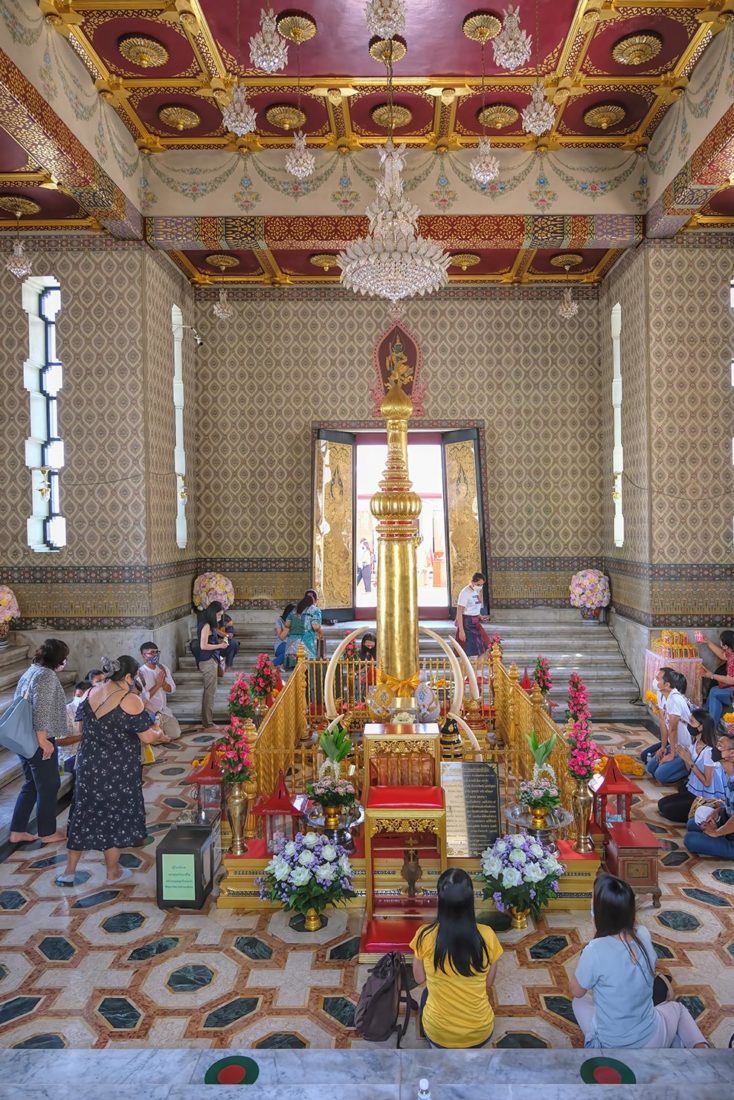
You may ask, “What’s in a name?” Does it really matter if they use Bangkok or Krung Thep Maha Nakhon? I might agree, but as with most things Thai, there’s more to the story. The name Krung Thep Maha Nakhon is itself an abbreviation. The full name of the city, which is listed as the world’s longest place name in the Guinness Book of World Records, is Krungthepmahanakhon Amonrattanakosin Mahintharayutthaya Mahadilokphop Noppharatratchathaniburirom Udomratchaniwetmahasathan Amonphimanawatansathit Sakkathattiyawitsanukamprasit. The literal translation is, “City of angels, the great city of immortals, magnificent city of the nine gems, the seat of the king, city of royal palaces, home of gods incarnate, erected by Vishvakarman at Indra‘s behest.” Now can you imagine booking a flight to that city?

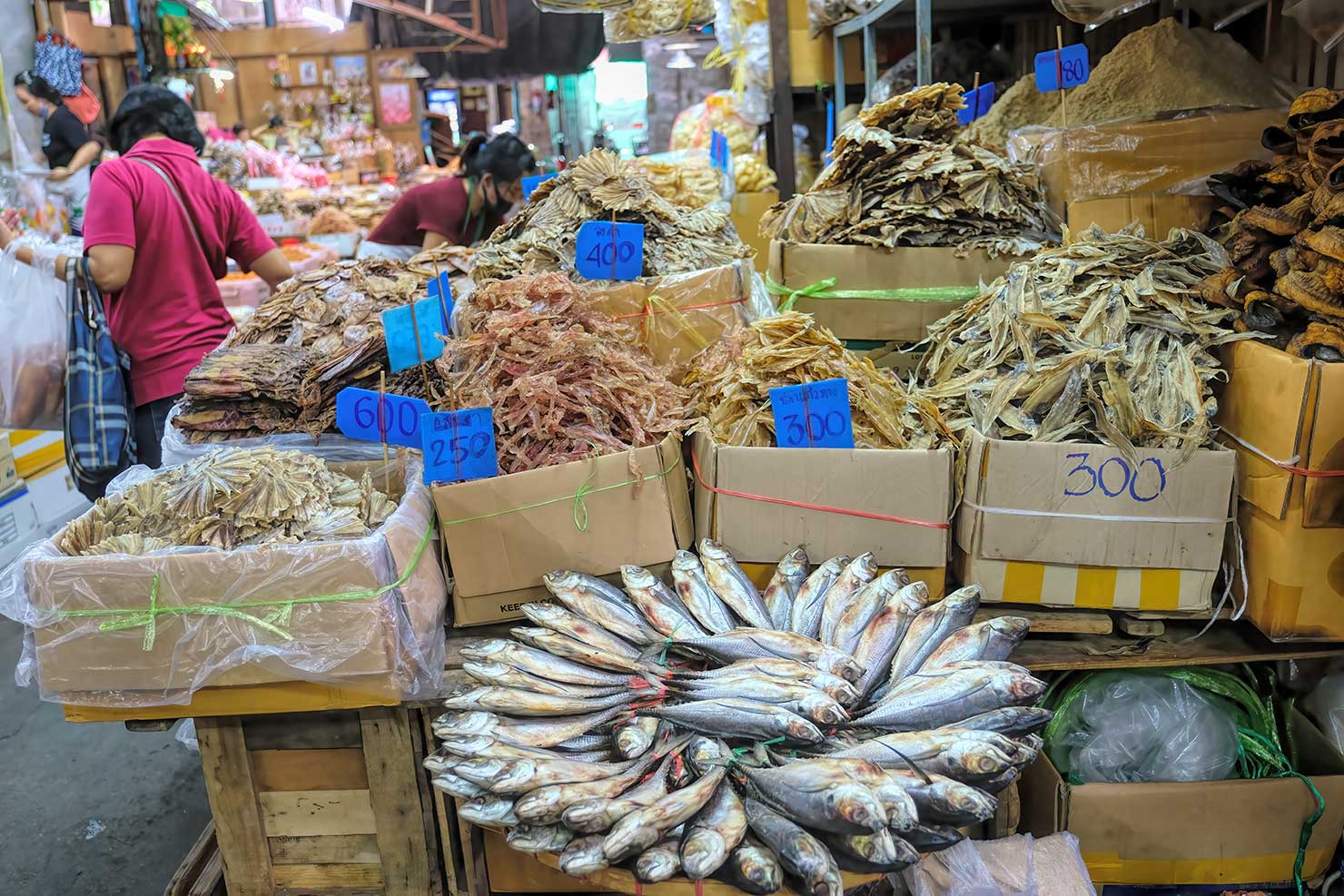
There was wide public outcry following the announcement that the government had approved the name change. Social media and public forums erupted in criticism, forcing the government to address the issue. According to deputy government spokeswoman, Rachada Dhnadirek, the name change is just a matter of punctuation. “Since 2001, the city’s name has been shown in official documents as Krung Thep Maha Nakhon; Bangkok. The name will now be changed to Krung Thep Maha Nakhon (Bangkok).
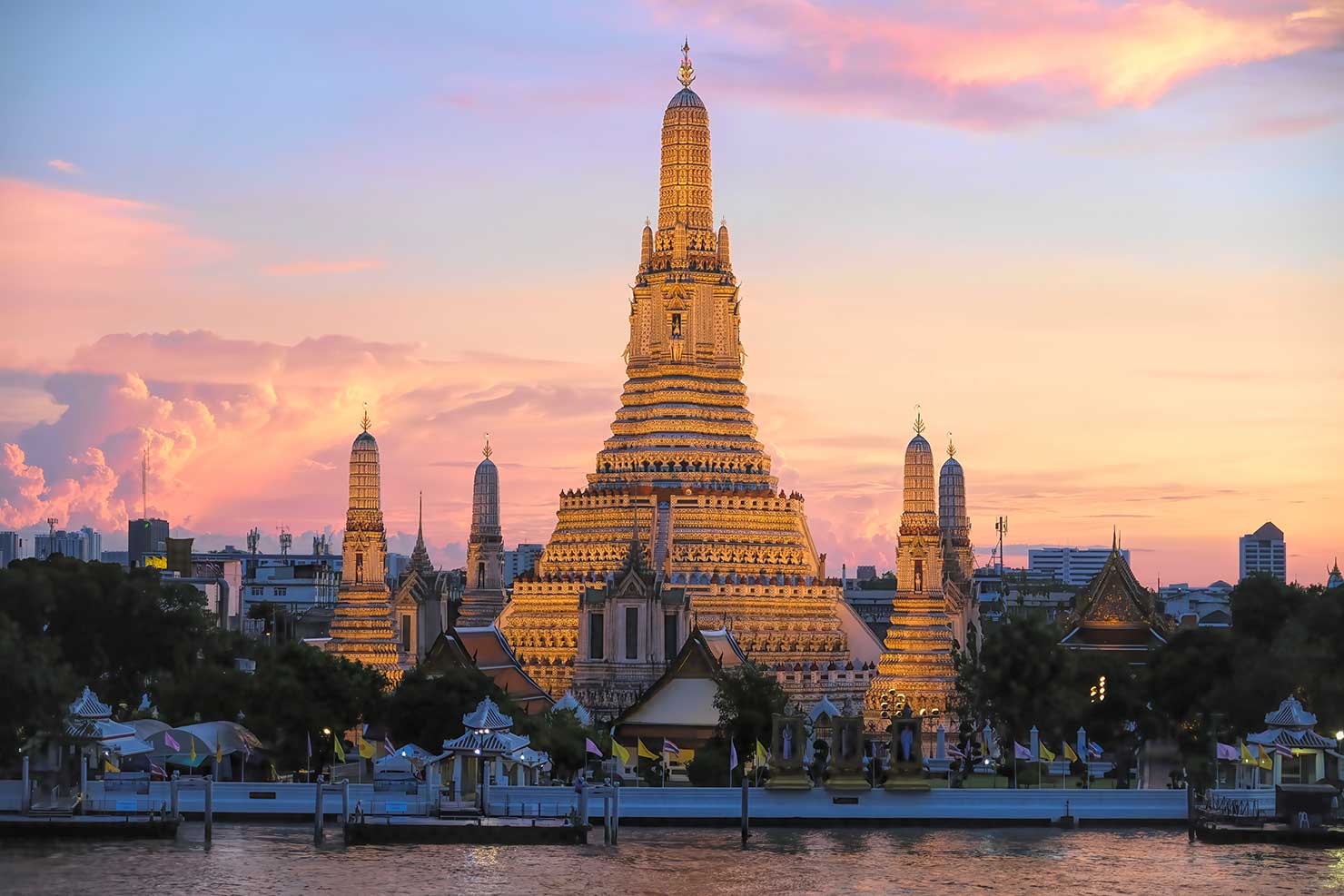
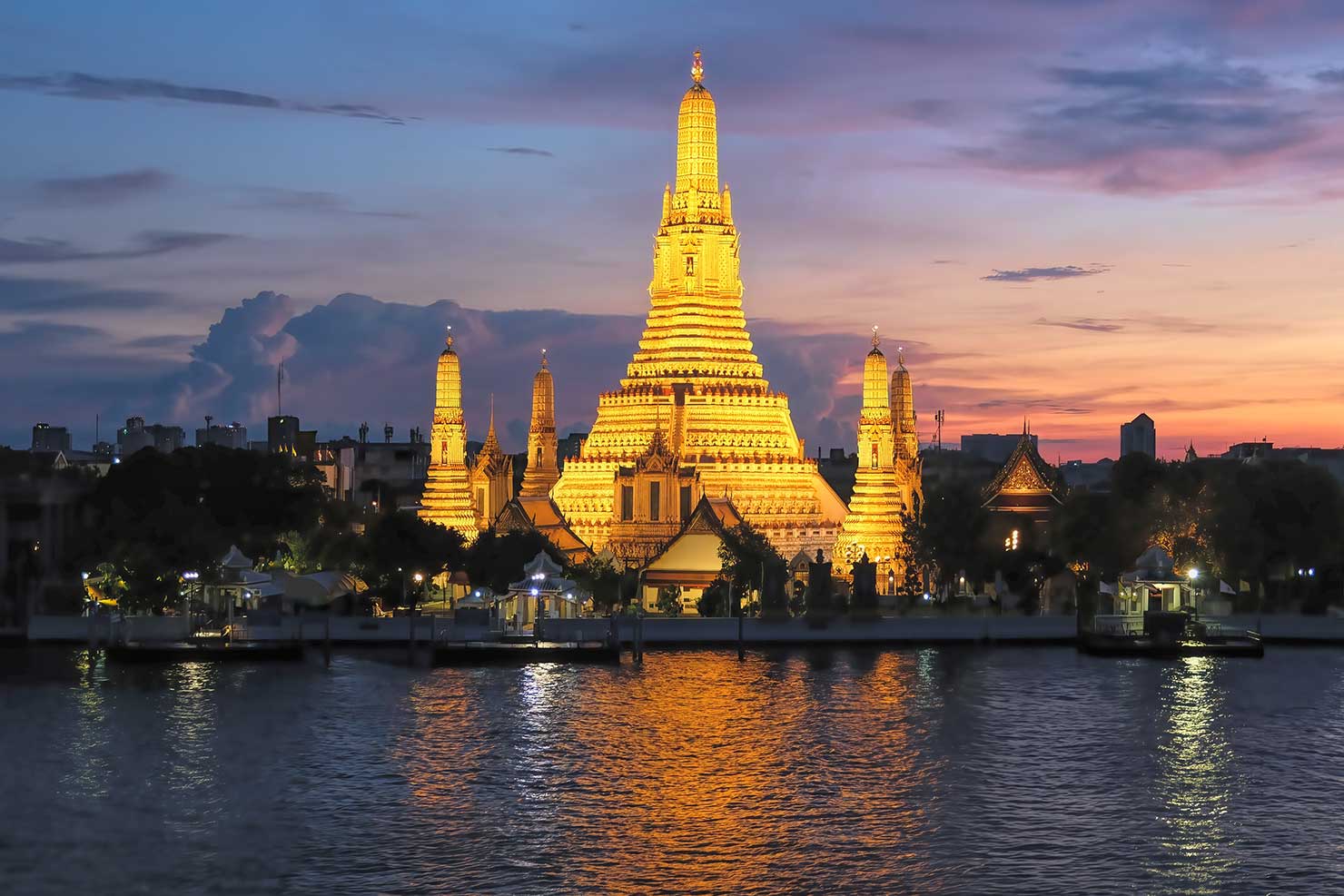
Another article in the Bangkok Post (will they be changing their name to Krung Thep Post?) quoted Thailand’s Minister of Culture, Itthiphol Kunplome, who said he agreed with the official name Krung Thep Maha Nakhon, as the name reflects the glory of the capital. He added that the word Bangkok mostly can be found only in movies and PR works. Methinks 25 million annual tourists would disagree.
